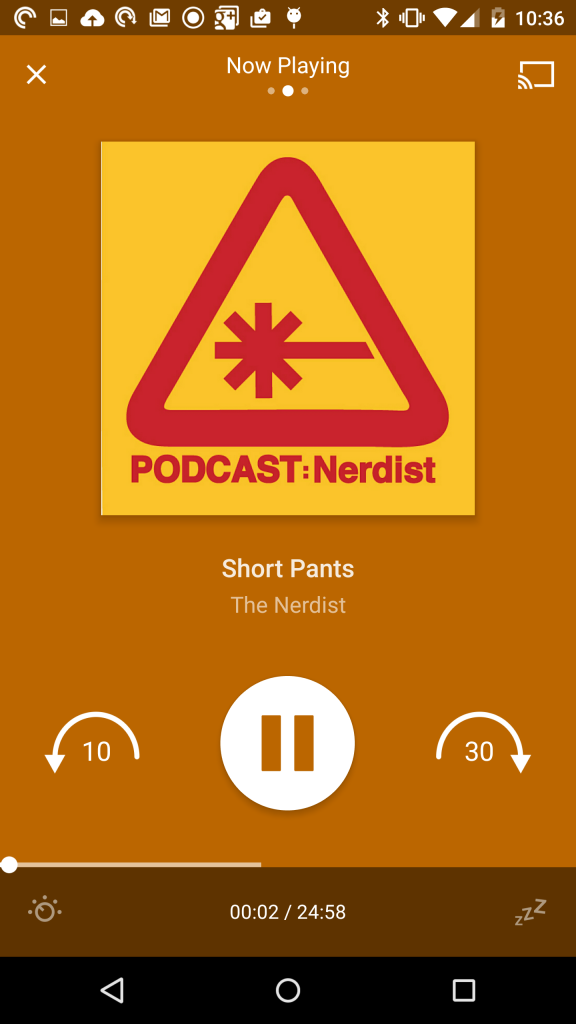
Am I just moving back because I have this nostalgia? You know, all these things. I’m like, Why did we move back? Maybe we shouldn’t have moved back. And I was gliding on the surface of everything when I moved back-just trying to get a sense of the place again-and I was feeling down on the place. He thinks one reason that neighbors don’t always bother to get to know one another is that our society has commitment issues.ĭavis: What I noticed was that all the people that were giving me hope and giving my peers hope had in common was that they were all people who decided to forego a life of keeping their options open and instead make a commitment to a particular thing over the long haul.īeck: So what does keeping our options open have to do with our sense of feeling like we’re connected to our community? What exactly about committing helps us feel connected?ĭavis: You know, I moved back to my hometown after school. Music by Bomull (“Latte”), Tellsonic (“The Whistle Funk”), Arthur Benson (“Organized Chaos,” “Charmed Encounter”), and Alexandra Woodward (“A Little Tip”).īeck: Pete Davis is a civic advocate and the author of the book Dedicated: The Case for Commitment in an Age of Infinite Browsing. Write to us at To support this podcast, and get unlimited access to all of The Atlantic’s journalism, become a subscriber. We don’t need you to bring along flowers or baked goods to be a part of the How to Talk to People neighborhood. The managing editor of Audio is Andrea Valdez.

The executive producer of Audio is Claudine Ebeid. This episode was produced by Rebecca Rashid and is hosted by Julie Beck. In this episode of How to Talk to People, author Pete Davis makes the case for building relationships with your neighbors and offers some practical advice for how to take the first steps toward creating a wider community.

Are commitment issues impacting our ability to connect with the people who live around us? Relationship-building may involve a commitment to the belief that neighbors are worthy of getting to know.


 0 kommentar(er)
0 kommentar(er)
